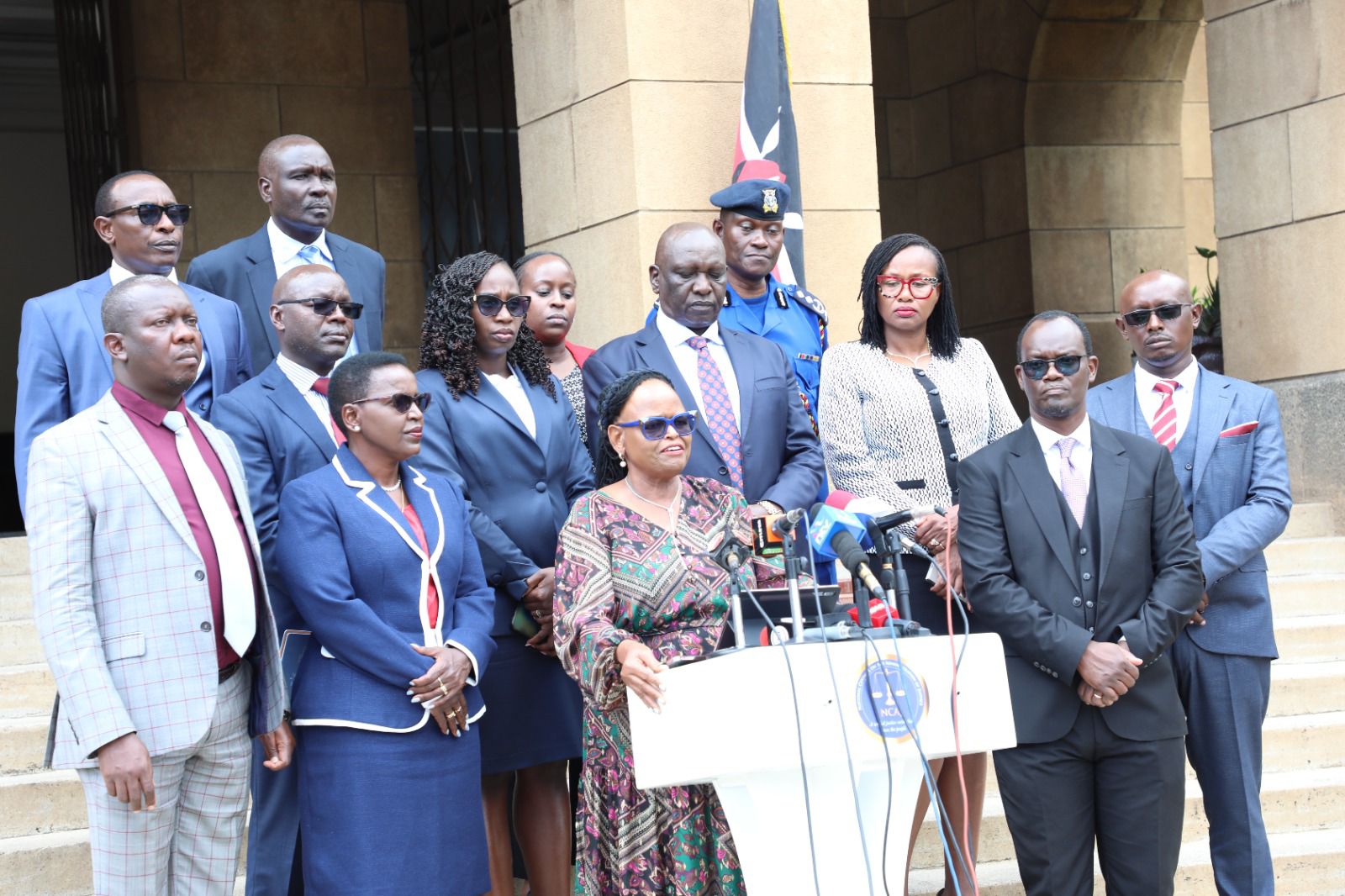Kenya's wedding tourism on its deathbed, warns Mohammed Hersi

Wedding tourism is estimated to contribute an estimated US $21 billion globally, with Kenya playing its part.
Kenya is witnessing the demise of wedding tourism, former Kenya Tourism Federation chairperson Mohammed Hersi has said, citing adverse effects of red tape and opaque communication.
Kenya was once a popular destination for European tourists, particularly from the UK, and by extension the European continent, who sought to tie the knot in celebrations overlooking breathtaking landscapes.
More To Read
- Museums go fully digital as National Museums of Kenya unveils new ticketing system
- Mombasa's Jumeirah Beach comes alive with first-ever Camel Race Derby
- Tourism boost as MV Viking Sky cruise ship docks at Mombasa Port with 845 passengers
- Kenya launches digital nomad work permit, travel pass for transit visitors
- Kenya’s wildlife conservancies make old men rich, while making women and young people poorer
- Cruise success at Mombasa port as 'Semester at Sea' marks third visit
Wedding tourism is estimated to contribute an estimated US $21 billion globally, with Kenya playing its part. However, according to Mohammed, regulatory and communication changes have dimished the sector's prospects.
Mohammed, also a businessman, outlined the previous process, where couples booked trips to whichever destination in Kenya and had their weddings officiated without complications.
Acquisition of the necessary paperwork - including affidavits to confirm single status - would be facilitated by tour operators and an official registrar from the Attorney-General's office in Mombasa, making for an easy process that was attractive to travellers.
 Maasai warriors during a destination wedding in Kenya. (Photo: X/Mohammed Hirsi)
Maasai warriors during a destination wedding in Kenya. (Photo: X/Mohammed Hirsi)
Mohammed said the situation began to change around 2014, when a new requirement was introduced by the Kenyan government. Couples planning to marry in the country were required to produce an extra documents - the Certificate of No Impediment.
He said this decision resulted in confusion, with the UK government initially refusing to issue such certificates. Finally, a compromise was reached, although the handling of the situation had already negatively impacted the wedding tourism landscape, Mohammed said.
He said that another change came in 2018, when couples were given a directive for their ceremonies to take place at Sheria House in Nairobi before they could proceed with their planned holidays. This directive inconvenienced visitors primarily interested in enjoying stays in coastal areas, not travelling through the capital city, Nairobi, Mohammed said.
The ex-chair said the final blow to wedding tourism came in 2023 when it was announced that two foreigners could no longer marry in Kenya unless one of them was either a citizen or a resident.
"This development has completely extinguished the prospects of wedding tourism in the country. As a result, many travel agents are diverting their business to neighbouring destinations such as Zanzibar or even Dubai, where couples can easily execute their ceremonies at beachfront resorts," he said.
Mohammed, also a businessman, further regretted the lack of transparency and timely communication regarding these changes, what he termed "shifting goalposts" without official announcements.
He also spoke of Kenya's visa acquisition process, saying that while the country introduced e-visas in response to market demands, destinations like Zanzibar, Mauritius, Cape Verde and South Africa have adopted a hybrid system, accommodating both online applications and visas on arrival.
Mohammed called for urgent action to address the hurdles wedding tourism faces.
Amid criticism from some quarters, President William Ruto has been a proponent of abolishing visa requirements, the aim being to boost trade and tourism by allowing the free movement of goods, services and people across the African continent.
The President said barriers have been removed and that this was necessary to facilitate the implementation of the African Continental Free Trade Area.
Top Stories Today














































